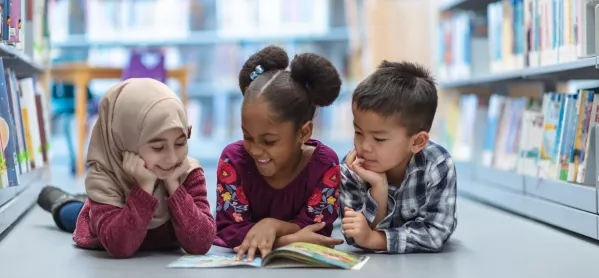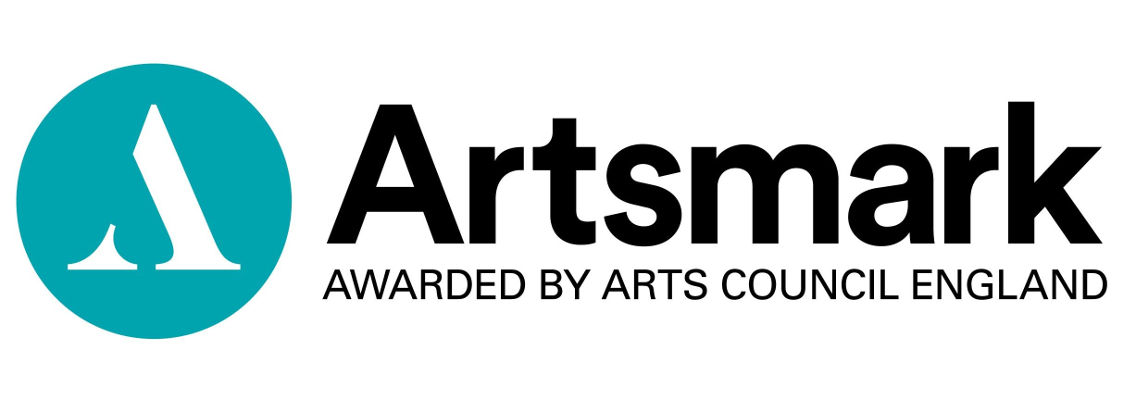An ode to the school library from Cressida Cowell

I love libraries. Libraries are where the magic happens, they are like sweetshops where all the sweets are free. When I was a child in the 1970s, we went to the public library once a week, and I must have read practically every single book in that entire library.
I have so many happy memories of my school librarian, recommending that if I enjoyed the magic of Bobby Brewster then maybe I would like the magic in Diana Wynne Jones’s books, or if I was enjoying Ballet Shoes perhaps I should try A Little Princess. I was convinced then about the importance of libraries - both local and school libraries - and I’m more convinced than ever of their magical power to create lifelong readers.
Books are windows into other worlds, and the linguistic, cultural and empathetic education they give a child is irreplaceable.
I believe that we should read aloud to children from when they are tiny babies, to way beyond the age that they can read independently for themselves. I remember every single book that was ever read to me in an adult’s voice, and they are still painting pictures and creating stories in my head 40 years later.
A means of escape
Books offer escapism, but also wisdom. When I’m feeling low, I reread books that remind me of happy times, like Georgette Heyer or P.G. Wodehouse, or Middlemarch, all comfort reads for me. Many of my own readers have got in contact to say they took the entire series of How to Train Your Dragon to university with them. The familiarity of that world that they loved when they were younger helped them in a period of transition.
Books are our tool to make sense of the inexplicable, to articulate to ourselves what we feel but cannot always say. They’re our comfort, our distraction, a way to travel when life seems dark and is closing in on us, a way to laugh when not much seems funny. They’re an anchor to a reassuring past in the face of a worrying present and an uncertain future. They connect us both with strangers and, if we read aloud and enjoy them together, with the ones we love the most. They are proven to positively impact not only our mental health and wellbeing, but our educational and economic success as well as our general life prospects.
Books are transformative magic because of their unique ability to develop three key magical powers: intelligence, creativity and empathy.
I have visited primary schools across the country over my 20-year career as a children’s author-illustrator and it is heartbreaking to see just how unevenly this fundamental opportunity is distributed. So often the children who need books the most are the ones deprived. How is it fair that some children are being given this immeasurable advantage in life to become a reader for pleasure, but stark book poverty means many more are denied this same chance to change their future?
One in eight primary schools have libraries
Whilst every prison has a statutory library, one in eight primary schools has no library space at all. Worse still, schools with a higher proportion of children on free school meals are more than twice as likely not to have access to a designated library space.
This vast inequality is the reason why I launched my Life-Changing Libraries campaign, highlighting how children from disadvantaged communities are falling further and further behind.
There are four pillars to a “gold standard” school library - space, book provision, expertise and whole-school and parent involvement - and it is crucial to nurture all of these elements. If we want every single child to become a reader for pleasure we need well-stocked school libraries where the books look modern, exciting and relevant to the children’s lives.
Life-Changing spaces
The words of a young boy in Griffin Primary School, where we introduced a new Life-Changing Library, keep returning to me. When asked by a journalist: “What does this library mean to you?”, he said: “Well, it means I don’t have to read the same book again and again.”
Many, many schools do not have a spare room for a library, so the space needs to be multi-functional. In my Life-Changing Libraries project, we have six very different schools with six different challenges around space.
In Woodchurch CofE Primary we have a corridor library, in Skerne Park Primary the library was initially installed in the central atrium, and in Griffin Primary School the shelving units are all on wheels to help with flexibility - they can be organised for a class to browse, but if a larger space is required they can be wheeled back.
We have been working with reading consultant Catherine Millar on the project, who has suggested the following ideas for schools to consider:
- Where is the best site for your library?
- Can you cull unloved books?
- Organise books so children can see front covers and not just spines - rotate the books on display.
- Flexibility and mobility of furniture are key.
- The Clever Classrooms report found the use of colour has a curvilinear impact - don’t have too much or too little colour.
- Aim for the middle ground with complexity - neither too sparse nor too cluttered.
- Think about sightlines and routes when placing furniture.
Reading the books together, where the adult is clearly enjoying them too, sends a really important message to the child - that books are powerful things, that can make your dad cry or your teacher laugh, and have the kind of wisdom in them that can change your life.
Put simply, libraries change lives. Literacy changes lives. School libraries are absolutely vital.
Reading is magic, and magic is for everyone.
Cressida Cowell MBE is Waterstones Children’s Laureate
topics in this article
